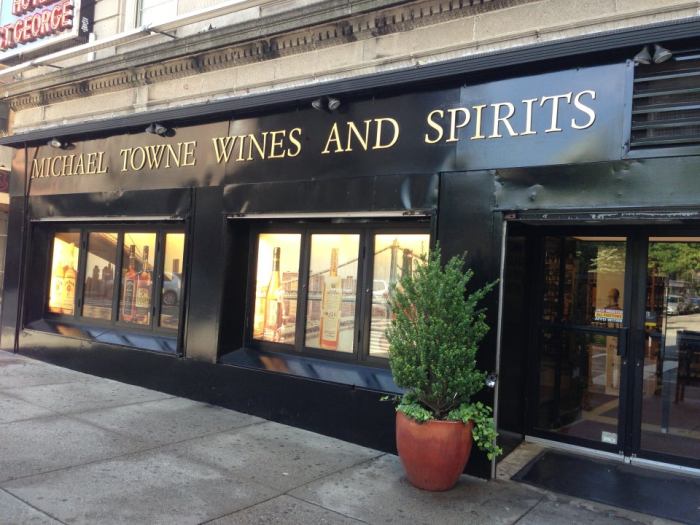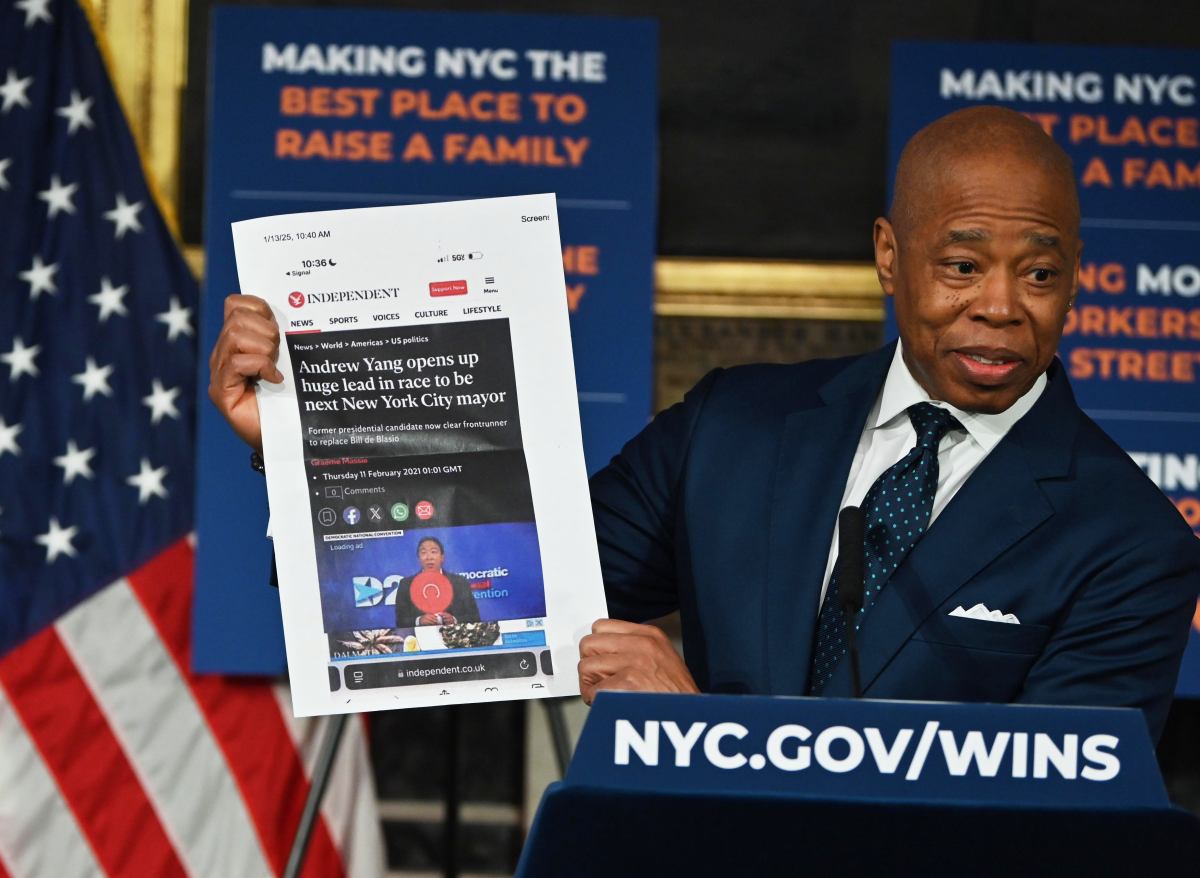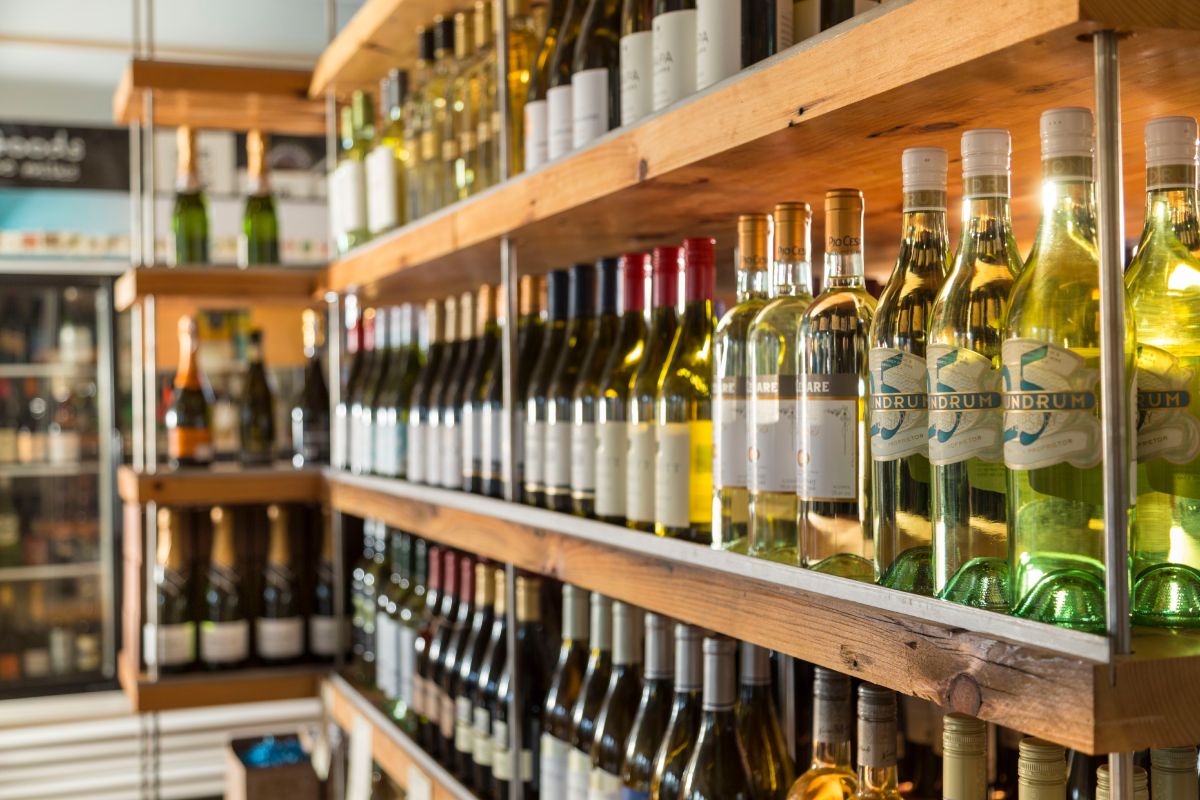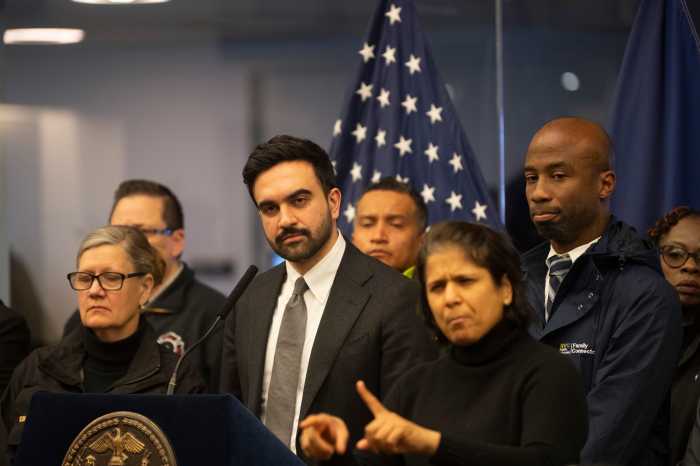A new poll suggesting that 80% of New Yorkers support wine sales in grocery stores is being strongly contested by liquor store owners and their advocacy groups across the city.
The survey, conducted by the Siena College Research Institute in late January, claims to reveal overwhelming public support for expanding wine sales into grocery stores.
However, the Metropolitan Package Store Association (Metro PSA) – which represents over 360 liquor stores across Queens, the New York State Liquor Store Association (NYSLSA), and the Retailers Alliance, are questioning the poll, accusing it of being misleading and ethically questionable.
The controversy centers around the fact that the Siena poll was funded by the “New York State of Wine” coalition, a group that includes major supermarket chains such as Wegmans, ShopRite, Amazon-owned Whole Foods, and Stop & Shop — all of which stand to benefit significantly from any changes in state law that would allow wine sales in grocery stores.
The retail groups argue that this funding source was not disclosed in the initial poll results, which were widely reported in the media. According to a recent New York Post investigation, Siena pollster Don Levy admitted that the coalition had paid for the survey questions only after being questioned by reporters.
Critics argue that this lack of transparency casts serious doubts on the reliability and intentions behind the survey, especially since the supermarket chains involved in the coalition are some of the largest retail players in the state.
Michael Correra, Executive Director of Metro PSA, was quick to call out the poll’s biased nature.
“When you pay for a poll, it allows anyone to specifically phrase questions to benefit their hidden agenda,” he said.
“It’s disingenuous to then feed those results to the media and elected officials without disclosing who funded the poll. This is simply an attempt to influence lawmaking in favor of billion-dollar corporations.”
The Siena College poll, widely cited as evidence of public support for wine sales in grocery stores, fails to disclose that the funding came from supermarket giants.
The poll was designed to suggest that 80% of New Yorkers favor allowing wine sales in grocery stores, a result that has been heavily publicized in the media. However, it was only after New York Post journalists dug into the details that Siena College pollsters confirmed the funding source, raising concerns about the ethical implications of such a practice.
Siena pollster Don Levy confirmed to the Post that the wine coalition paid for the poll questions, adding that it is common for Siena to conduct “fee-for-service” polling for private clients, who have the option to release or withhold the results.
This disclosure has sparked outrage among industry groups, claiming that the public is being misled. According to the National Council on Public Polls guidelines, paying for polling without disclosing it to the media and the public crosses an ethical line.
Retailers in New York argue that the poll’s results are misleading and fail to account for the broader implications of such legislation for the state’s economy.
In New York State, approximately 4,500 small, independent wine and liquor stores employ over 50,000 people, including 5,000 unionized workers in sales, warehouse, and delivery roles. These workers and the store owners fear that they could lose their livelihoods if supermarket chains are allowed to sell wine.
“When you pay for a poll, it allows anyone to specifically phrase questions to benefit their hidden agenda, but it’s also disingenuous to then feed those results to the media, elected officials, and the public for the purpose of influencing laws, without disclosing you specifically bought and paid for the result,” said Michael Correra, Executive Director of Metro PSA.
“We would recommend polling New Yorkers on how they would feel if the legislation caused 4,500 local wine and liquor stores across our state to be shuttered, leaving even more empty storefronts, or about the well-being of 45,000 clerks who would be turned out on the street, unable to feed their families.”

Critics argue that these concerns have not been addressed in any of the polls funded by the supermarket coalition, including one in 2023 funded by Wegmans. That poll also claimed significant public support for wine sales in grocery stores.
The results of that poll were similarly criticized after it was revealed that the funding came from Wegmans itself, raising questions about the integrity of such surveys.
Stefan Kalogridis, President of the NYSLSA, has also called out the “corporate malfeasance” behind the survey.
“As a lifelong New Yorker, I would hope that the members of our legislature are not fooled by this corporate malfeasance. It’s deception, plain and simple, fed by greed,” he said.
Kalogridis and other industry leaders have expressed concern that such polling efforts are part of a broader corporate agenda to undermine small businesses and further consolidate power in the hands of large supermarket chains.
Supermarket chains like Amazon-owned Whole Foods and Wegmans are already some of the largest retail corporations in the world. Whole Foods reported net sales exceeding $20 billion in 2023, while Wegmans reported $12.5 billion in revenue in 2024.
These corporations have substantial resources at their disposal, which critics argue gives them an unfair advantage in lobbying for laws that could undermine the livelihoods of smaller, locally owned businesses.
Jeff Saunders, President of the Retailers Alliance, echoed these sentiments, describing the push for wine sales in grocery stores as an assault on small businesses.
“Our industry is under assault by Wall Street-backed and supermarket monopolists trying to take over New York in the name of ‘convenience’ and at the cost of selling out the livelihoods of small businesspeople,” Saunders said.
Saunders’ remarks reflect the broader concerns among liquor store owners, particularly those who have built their businesses over decades and view the supermarket-backed push for wine sales as an existential threat.
“Our store owners and their families have invested their entire lives into their stores, with some owners who are second or third generation in the business and others led by immigrants, who settled here and work staggering hours just to have a successful business and be able to give back to the community they are a part of,” he added.




































